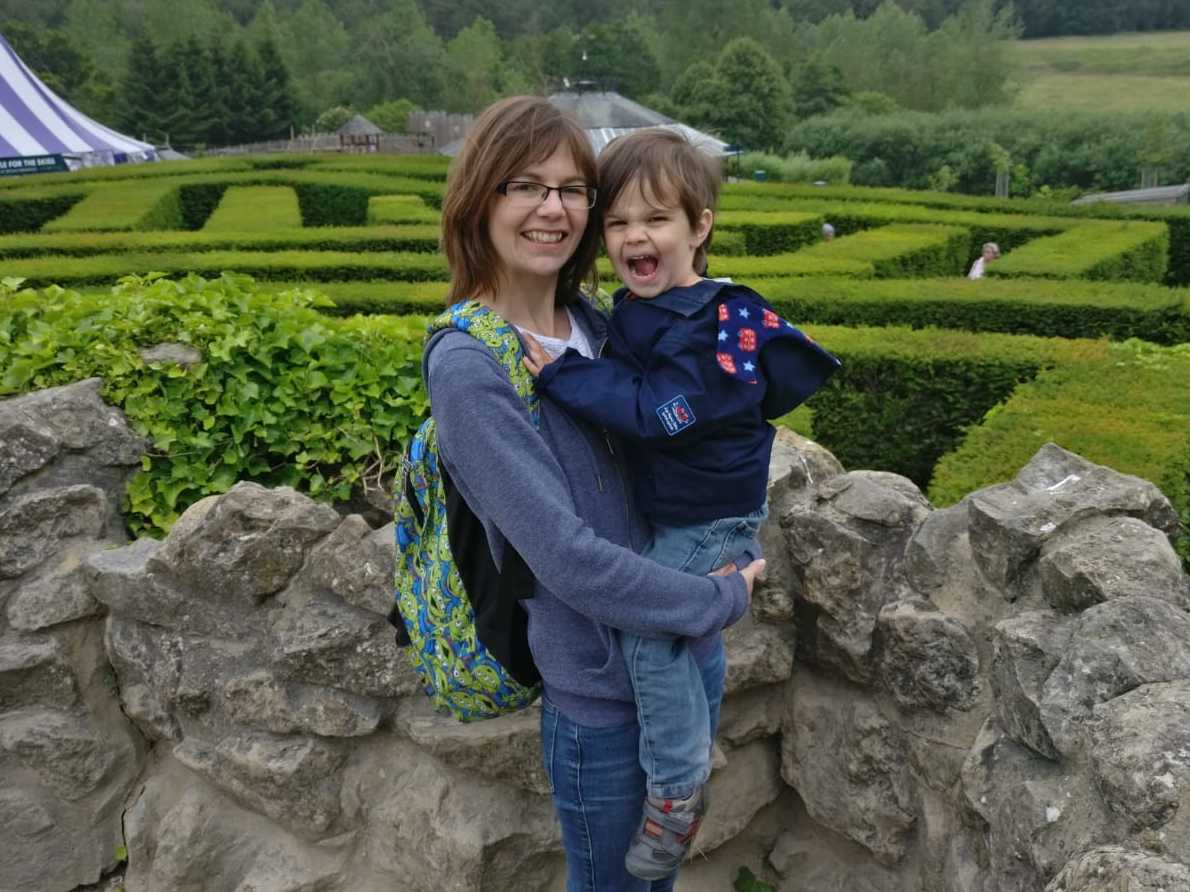‘Heartbreaking’: Parents of autistic children face waits of up to three years for diagnosis and support, charity warns
‘It overtakes your life. You shouldn’t have to be fighting for it,’ mother-of-two says

Families of autistic children are facing waits of up to three years for a formal diagnosis, a charity has warned.
Long delays have forced parents to quit their jobs so they can fight for support for their children, while others have been left feeling “isolated and helpless” while they wait for a diagnosis.
Around half (46 per cent) of families waited 18 months or longer for a formal diagnosis for their autistic child, according to a survey of nearly 4,000 parents by Ambitious about Autism.
Once a diagnosis is made, nearly three in four (70 per cent) parents said they were still not offered adequate support for their child – such as therapies that help with speech and language.
Helen Harland, a mother-of-two from Rainham in Kent, had to give up her part-time job during a two-year wait for an autism diagnosis for her son Evan, now four.
“The amount of paperwork you have to read and the amount of phone calls you have to make because you are on a waiting list... it is incredibly time consuming, she told The Independent.
“It overtakes your life just trying to get that support. You shouldn’t really have to be fighting for it.”
Ms Harland first noticed differences in Evan’s development when he was 18 months old after he stopped speaking and playing with toys.
He was not referred for an autism assessment until he was 2 and this was then rejected due to a “lack of evidence”.
“It is heartbreaking. It puts a real strain on family life,” she said.
“I lived this life day in day out, worrying he might have something like brain cancer, or wondering if I was just a bad mum, and not knowing how to help him.”
Around one in 100 children in the UK have autism, with four times as many boys as girls diagnosed, according to Ambitious about Autism.
Jolanta Lasota, chief executive of the charity, said: “Many parents say they feel isolated and helpless as they wait to find out if their child has autism.
“To make matters worse, our research tells us that even when families receive an autism diagnosis, they continue to struggle to access adequate help to understand and support their child’s needs and help them feel positive about the future.
“Autistic children have so much potential but we know that the earlier they can benefit from the right support and interventions, the easier it is for them to thrive and achieve as they grow up.”
The charity has launched a new online toolkit to give parents information, tips and checklists to help them support their child.
It comes after parental complaints about a lack of educational provision and support for children with special educational needs and disabilities (SEND) have surged in recent years amid a lack of funding.
A new report from the Local Government and Social Care Ombudsman (LGO) has strongly criticised Richmond council’s children’s service provider for failing to support children with SEND.
It found a teenager with SEN who was about to sit her GCSEs missed out on a year’s education at a private special school because the council failed to tell her parents it had agreed to fund it.
In another case, a primary school child with disabilities missed out on the support he needed because the council took nearly a year to complete his Education, Health and Care Plan.
The affected parents will be paid thousands of pounds by the council for the lost education provision, and for the time and distress caused to them, the ombudsman has said.
Ian Dodds, director of children’s services for Richmond Council, said: “Providing high quality special educational needs and disability services and appropriate support for the children and families who need them is a number one priority for Richmond Council and Achieving for Children.
“Implementation of the 2014 SEND Reforms has been an enormous challenge for all local councils, particularly in a context of increasing need for support and raised expectations without adequate government funding to support their effective delivery to all the children and families who need them.”
He added that the council was slow to recognise these “increased demands” and he said their apologies have been extended to the families of the children and young people the ombudsman has reported on.
Subscribe to Independent Premium to bookmark this article
Want to bookmark your favourite articles and stories to read or reference later? Start your Independent Premium subscription today.

Join our commenting forum
Join thought-provoking conversations, follow other Independent readers and see their replies